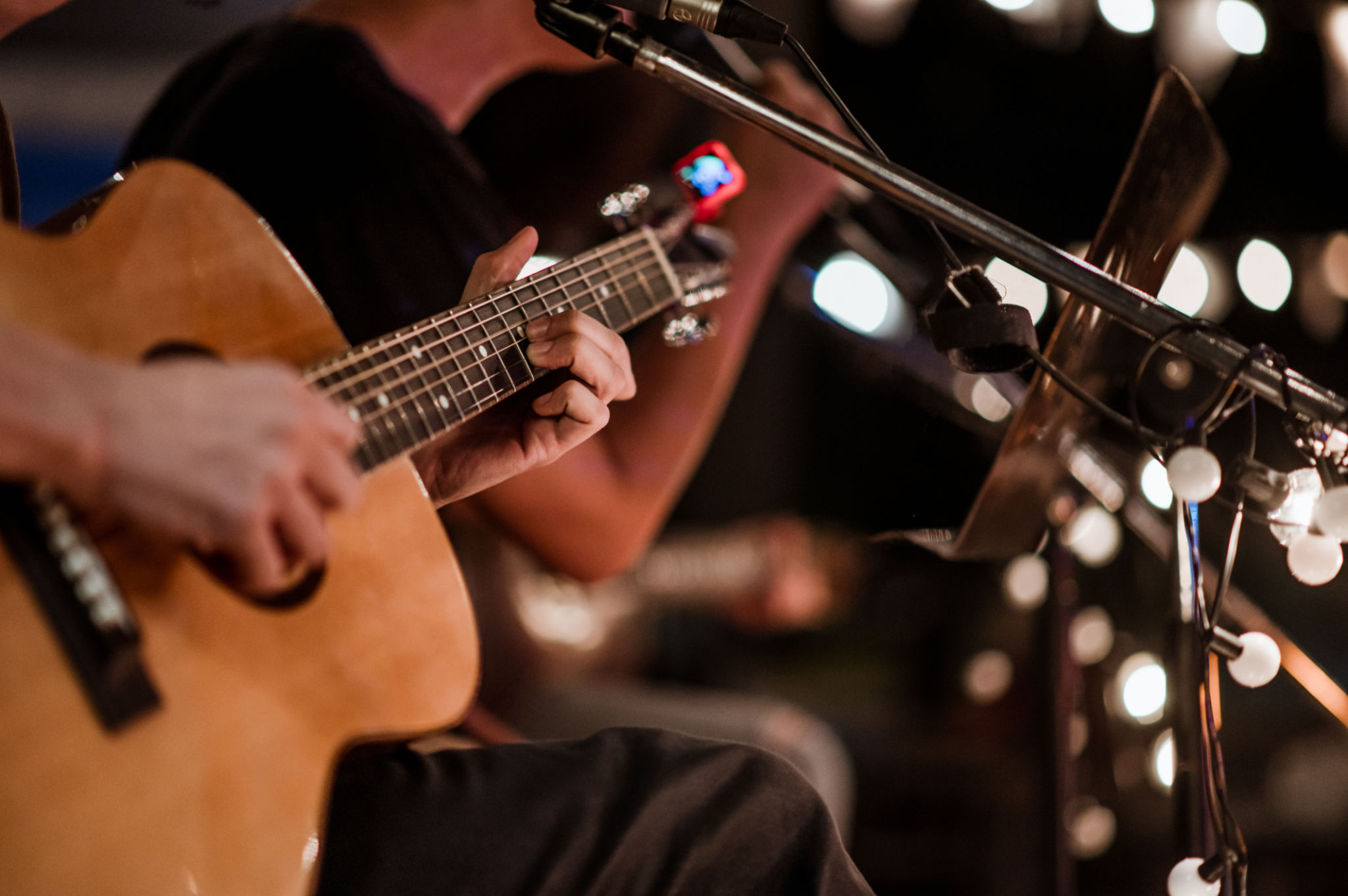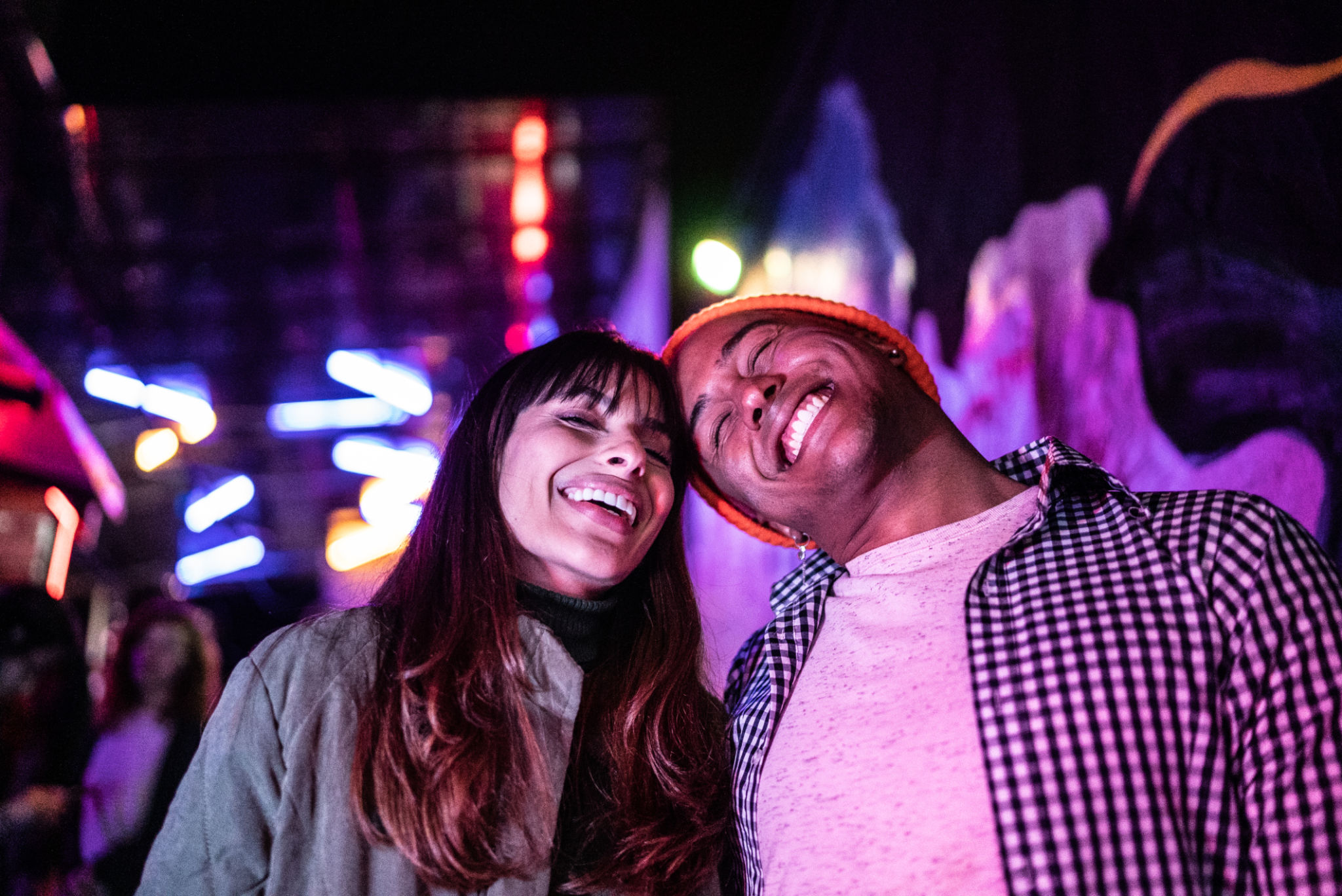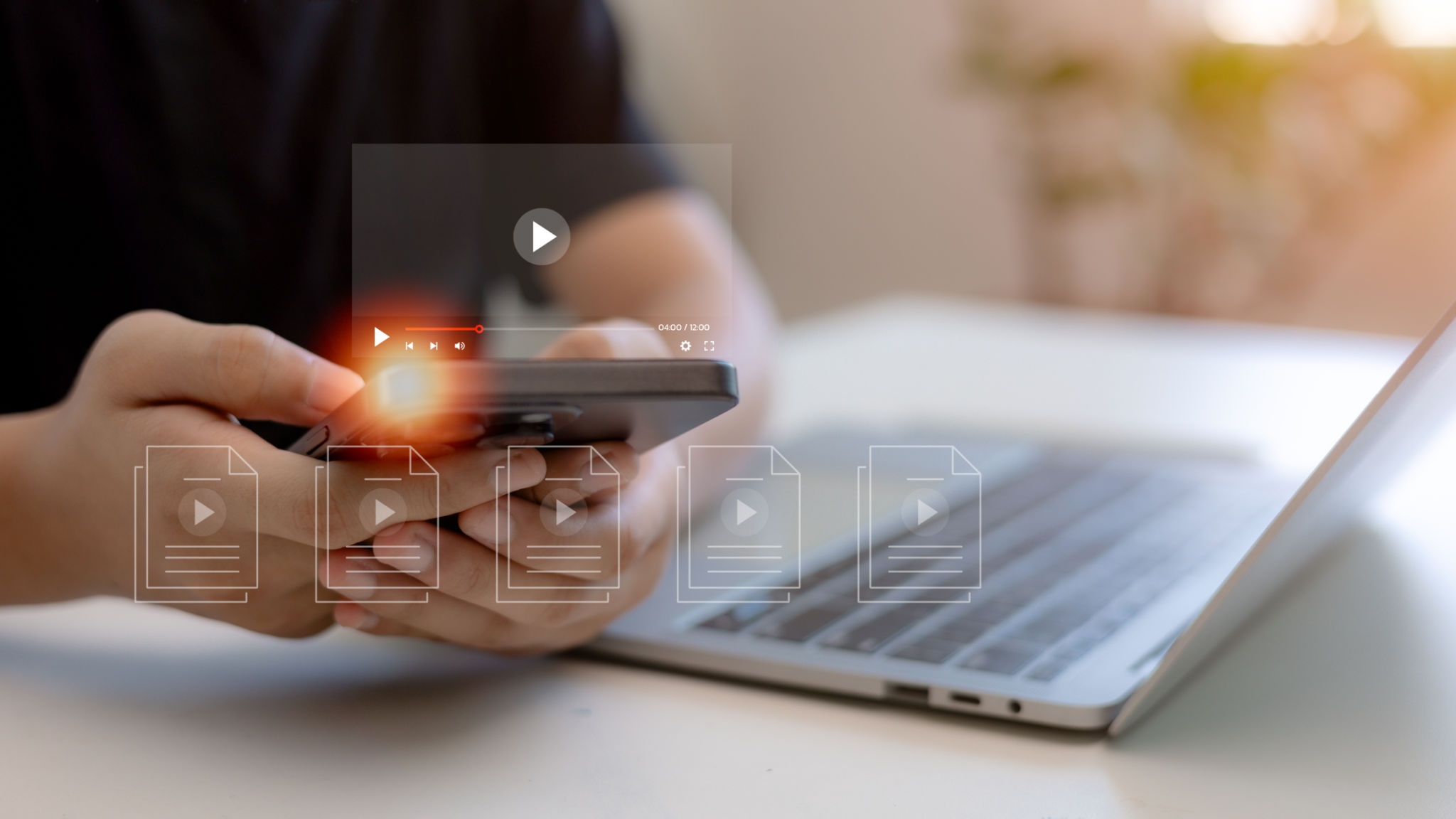The Role of Music in Building Community: Insights and Tips
The Power of Music in Community Building
Music has long been a cornerstone of human culture, transcending language and geographical boundaries. It has the unique ability to bring people together, creating connections and fostering a sense of belonging. In today's fast-paced world, the role of music in building community is more crucial than ever. Whether it's through live performances, community choirs, or online platforms, music offers a universal language that can unite diverse groups of people.
One of the reasons music is so effective in building community is its inherent emotional resonance. Songs can evoke a wide range of emotions, from joy and excitement to nostalgia and introspection. These shared emotional experiences create bonds that might not be possible through other forms of communication. When people come together to create or enjoy music, they participate in a collective emotional journey.

Creating Shared Experiences Through Music
Shared musical experiences are at the heart of community building. Concerts, music festivals, and jam sessions are not just about the music itself; they are about the collective experience that attendees share. These events provide a space where people can come together, share their love for music, and form lasting connections with others who have similar interests.
Moreover, music can serve as a platform for cultural exchange, allowing individuals from different backgrounds to share their traditions and stories. This exchange enriches communities, promoting understanding and appreciation for diversity. By participating in or attending multicultural music events, people gain insight into other cultures and develop empathy towards different perspectives.
How to Leverage Music for Community Engagement
If you're looking to harness the power of music to build community, there are several strategies you can employ:
- Organize Local Music Events: Host concerts or open mic nights to encourage local talent and bring together community members.
- Create Music Workshops: Offer classes or workshops that teach various musical skills, inviting individuals of all ages and skill levels.
- Support Music Education: Invest in local schools and community centers to provide resources for music education programs.

The Role of Technology in Musical Communities
In the digital age, technology plays a pivotal role in how communities are formed around music. Online platforms such as social media, streaming services, and virtual concerts have made it easier than ever for people to connect through music, regardless of physical location. These platforms allow musicians to reach a global audience and fans to discover new artists from around the world.
Virtual music communities offer a space for people with niche interests to find each other and share their passion. Whether it's through online forums, fan clubs, or virtual jam sessions, technology enables music lovers to engage with one another in meaningful ways. As digital tools continue to evolve, they will undoubtedly open new avenues for community building through music.

Conclusion: The Timeless Bond of Music
Music's ability to build community is timeless and universal. It transcends barriers, bridges gaps between cultures, and fosters a sense of unity among people from all walks of life. By leveraging both traditional and digital means of musical engagement, we can continue to strengthen the bonds within our communities and create spaces where everyone feels welcome and valued.
As we move forward in an increasingly connected world, let's not forget the power of music as a tool for bringing people together. Whether you're a musician, an event organizer, or simply a music enthusiast, there are countless ways to use music to build stronger, more inclusive communities.